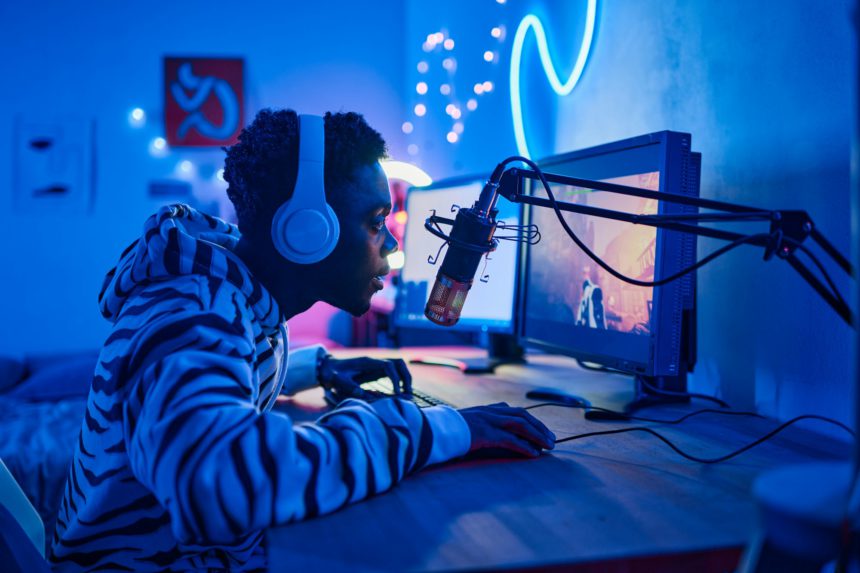Video games have become an integral part of our modern life. From simple games like Tetris to complex games like Assassin’s Creed, this form of entertainment has attracted the attention of millions of people around the world. However, an important question that arises is whether video games have an impact on the mental health of players or whether they are just a way to relax and have fun.
Some argue that video games can have a negative impact on the mental health of players. Violent video games, for example, can lead to aggressive behavior and an increase in the level of agitation and irritability. Also, the time spent in front of the screen can lead to social isolation and decreased human interaction, which can affect the mental health of players. More than that, the dependence of video games can lead to sleep problems, lack of concentration and drop in school or professional performance.
On the other hand,there are also arguments that argue that video games can have a positive impact on mental health. Video games can be a fun way to get rid of everyday stress and relax. They can help develop cognitive skills, such as problem solving and quick decision-making. Video games can also promote social interaction through online multiplayer games, where players can communicate and collaborate with other players around the world.
Modern technology and mental health: What effect do video games have?
Modern technology has brought with it numerous benefits and opportunities, but also some risks to mental health. Video games are part of this technology and can have a significant impact on the mental health of players.
One of the main risks associated with video games is addictive. Players can become addicted to video games and can spend hours playing themselves, neglecting othersimportant aspects of their lives, such as work, school or social relations. This addiction can lead to mental health problems, such as anxiety, depression and social isolation.
On the other hand, video games can be a fun way to relax and relax. They can offer a temporary escape from reality and can help reduce stress and anxiety. Video games can also promote cognitive skills and improve cognitive functions, such as attention and memory.
In conclusion, video games can have both benefits and risks to mental health. It is important that players have a balanced approach and ensure that they spend enough time for social and physical activities, as well as for rest and sleep. It is also important for parents and educators to be aware of the impact of video games on children’s mental health and to provide appropriate guidance and supervision.
